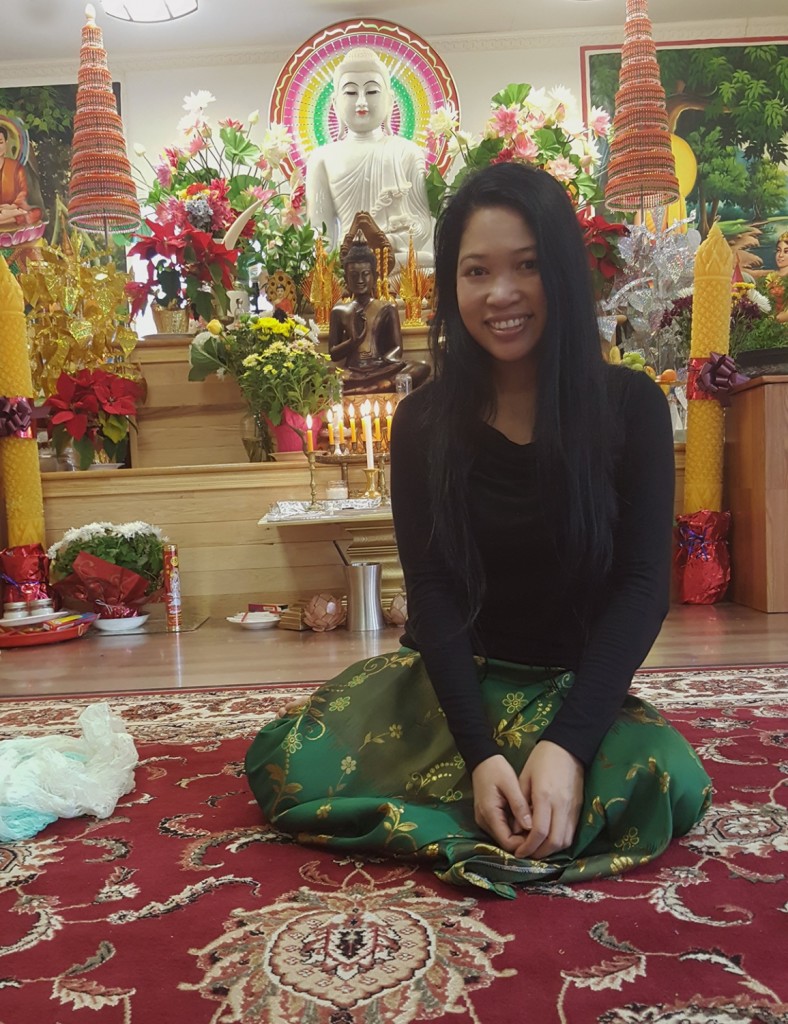
Verse 31: A bhikkhu who takes delight in mindfulness and sees danger in negligence, advances like fire, burning up all fetters, great and small.
1. appamadarato bhikkhu: a bhikkhu who takes delight in mindfulness, i.e., in the practice of Tranquillity and Insight Development.
2. pamade bhayadassi: seeing danger in negligence, i.e., negligence which would lead to continued existence in the round of rebirths (samsara).
The Story of A Certain Bhikkhu
While residing at the Jetavana monastery, the Buddha uttered Verse (31) of this book, with reference to a certain bhikkhu.
A certain bhikkhu, after obtaining a subject of meditation from the Buddha, went to the forest to meditate. Although he tried hard he made very little progress in his meditation practice. As a result, he became very depressed and frustrated. So, with the thought of getting further specific instructions from the Buddha, he set out for the Jetavana monastery. On his way, he came across a big blazing fire. He ran up to the top of a mountain and observed the fire from there. As the fire spread, it suddenly occurred to him that just as the fire burnt up everything, so also Magga Insight will burn up all fetters of life, big and small.
Meanwhile, from the Gandhakuti hall in the Jetavana monastery, the Buddha was aware of what the bhikkhu was thinking. So, he transmitted his radiance and appeared to the bhikkhu and spoke to him. “My son,” he said, “you are on the right line of thought; keep it up. All beings must burn up all fetters of life with Magga Insight.”
Then the Buddha spoke in verse as follows:
Verse 31: A bhikkhu who takes delight in mindfulness and sees danger in negligence, advances like fire, burning up all fetters, great and small.
At the end of the discourse that bhikkhu attained arahatship then and there.
Dhammapada Verse 31
Annatarabhikkhu Vatthu
Appamadarato bhikkhu1
pamade bhayadassi2 va
samyojanam anum thulam
daham aggiva gacchati.
Source: Tipitaka


















